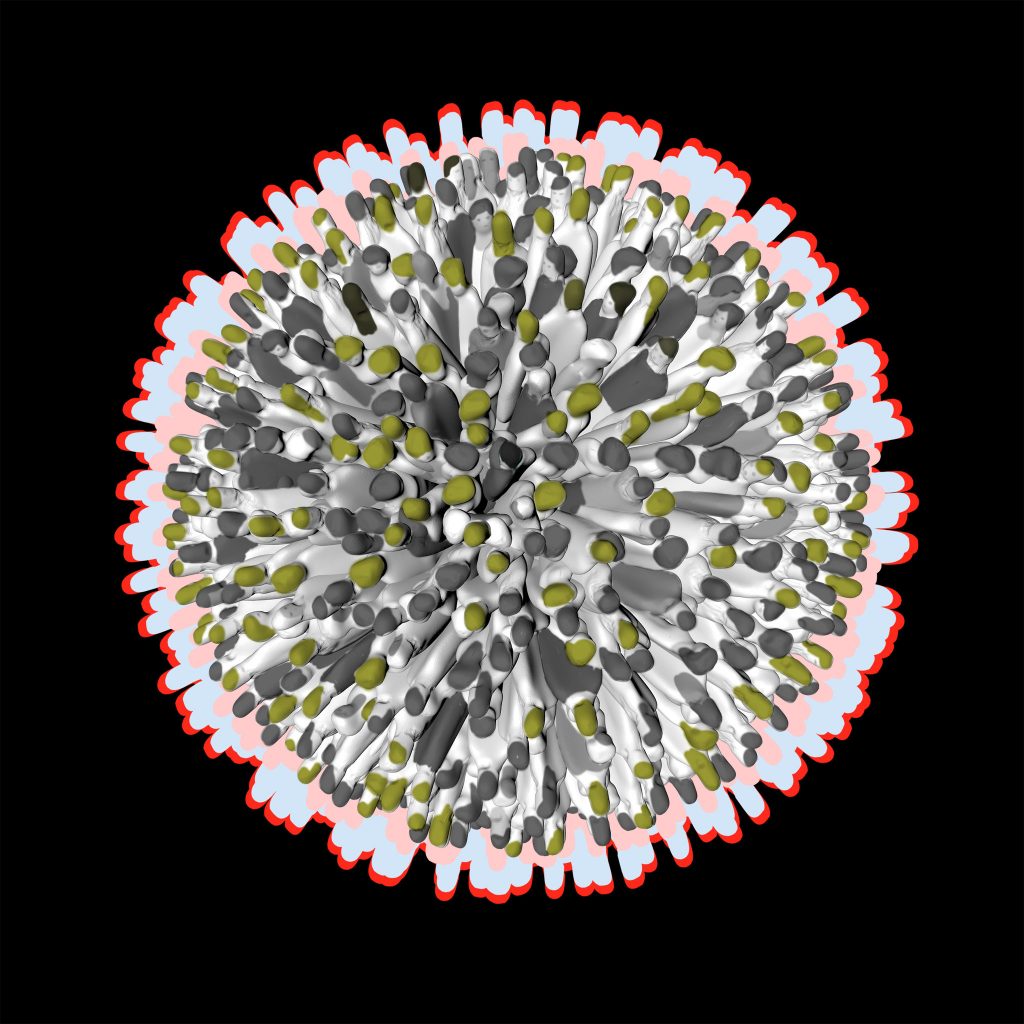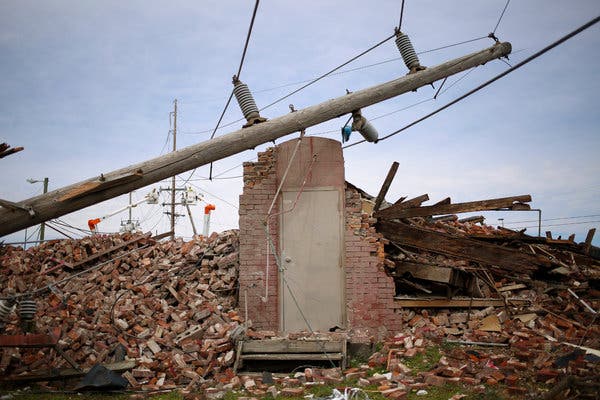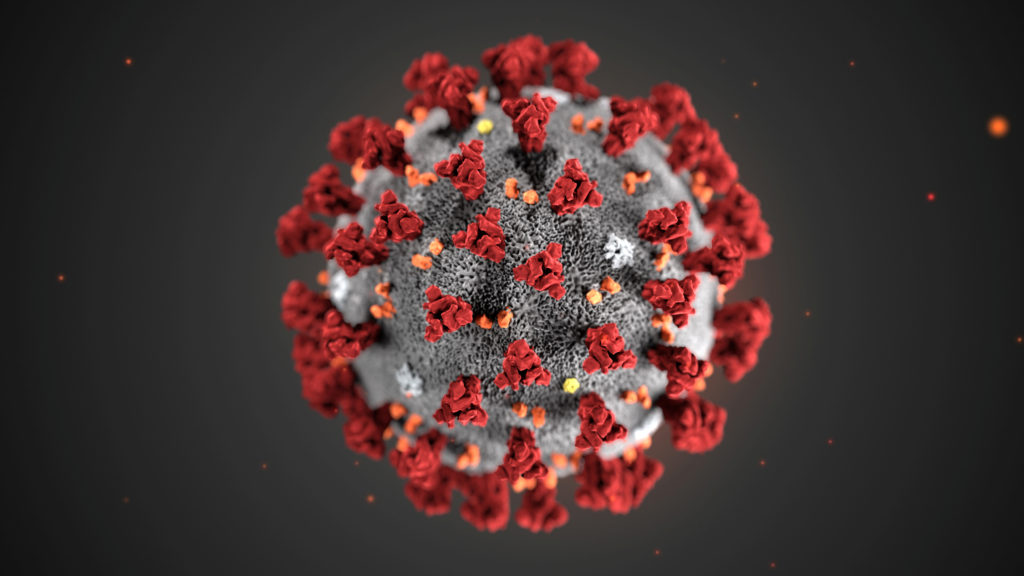Admittedly, I’ve inveighed against a number of superficial, second-rate and wrongheaded philosophical pieces in the New York Times [Philosopher’s] “Stone” series. So it’s only fair and fitting that when I feel a think piece is excellent, I commend it. I’m referring to “The Coronavirus Is Us,” by Michael Marder.
It isn’t just because that philosopher’s views align with mine. The writing is concise and excellent, the turns of phrase are interesting, and the insights are incisive.
Marder is a professor of philosophy at the University of the Basque Country, and he accomplishes in his piece what I strive to do in my column—shed light on and bring insight to the larger picture. I hope to build on where he left off in this column, and point the way ahead.
Marder closes his short essay by saying, “Rather than conjure up the specters of sovereign nation-states and autonomous individuals, we need to learn to live in a world that is interconnected not only ethereally or ideally, through communication technologies, but also materially, via direct embodied contact.”

That’s a pregnant phrase—“direct embodied contact.” What does it mean, and more importantly, what could it mean, given that all people live, and are dying, in contexts of the known, from family to nation?
Marder’s last sentence invites further reflection and incites unexpected, and perhaps unintended insight. “We must learn to live in a reality that may, at any moment, go viral.”
There are two ways that can be taken, one that evokes fear and loathing, and another that evokes potentiality and imminence. Given that everyone on the Net is in the web, and already lives in a viral reality that is inwardly as well as physically toxic, what would going viral in a whole and healthy sense mean?
Marder makes a convincing case for seeing the coronavirus as something more than a metaphor. “Transgressing old borders, the [crowned] virus becomes a figure of sovereignty in the age of the dispersion of power.”
“The dispersion of power” is another phrase pregnant phrase (the gendered noun is not accidental here) with real and potential meaning.
Can the dispersion of power that the Internet has brought (and wrought so much hand ringing and derision by the old gatekeepers of centralized power), cease being poisonously viral and end power in the coercive sense? Or is propagandistic power or chaotic anarchy really our only choice?
Something far greater is playing out in real time in human consciousness. Coronavirus makes us all participants in the painful transition from the old human consciousness, in which “an individual or a state that effectively manages to cut itself off from the outside will be as good as dead,” to a higher order of consciousness, where “borders are porous by definition… more like living membranes than inorganic walls.”
One has a disquieting feeling that the coronavirus is an “act of God.” It seems designed to produce greatest impact with least harm, to afflict the comfortable and comfort the afflicted, even as everyone is affected or infected. To the modern mind stepping back from personal fear, it appears God does have a sense of humor.
(I’m doubtfully referring to any kind of cosmic design, and allegorically referring to any sort God as intervening Supreme Being.)
On one hand, the urgency of adequately responding to the paralleling ecological and consciousness crises increases by the week. On the other hand, there is a desperate desire by the economic, political and media powers to restore the status quo. Is a last chance lesson is being given, at least for our age? As one doctor said, “the world’s got to work together, or we’re toast.”
For people from vastly different backgrounds to work together, we have to understand how to think together, irrespective of vastly different backgrounds.
Americans are very good at responding during a crisis, as Tennesseans are demonstrating after a tornado cut a terrible swath through the Volunteer State, killing 25.

Americans are poor at translating crisis mode into sustained response however. We need the immediacy of a crisis to respond, but once the crisis has passed, we go back to business and pleasures as usual.
Now that immediate and long-term crises have converged, will people here and around the world radically change? Or will they continue to buy the rotten bill of goods that “thought leaders” are selling, that of focusing on our nations and ourselves?
As Marcus Borg points out in “Jesus, A New Vision,” “The distant future was not central to the prophets of Israel. Instead, they were concerned with the immediate present of their people and of the immediate future that flowed out of that present.”
The people are now all people, and the future is now immediate. Inward as opposed to outward radical change (psychological vs. political revolution if you will) is unavoidable if we are to survive and thrive as human beings.
Martin LeFevre
Link–“The Coronavirus Is Us”: https://www.nytimes.com/2020/03/03/opinion/the-coronavirus-is-us.html

